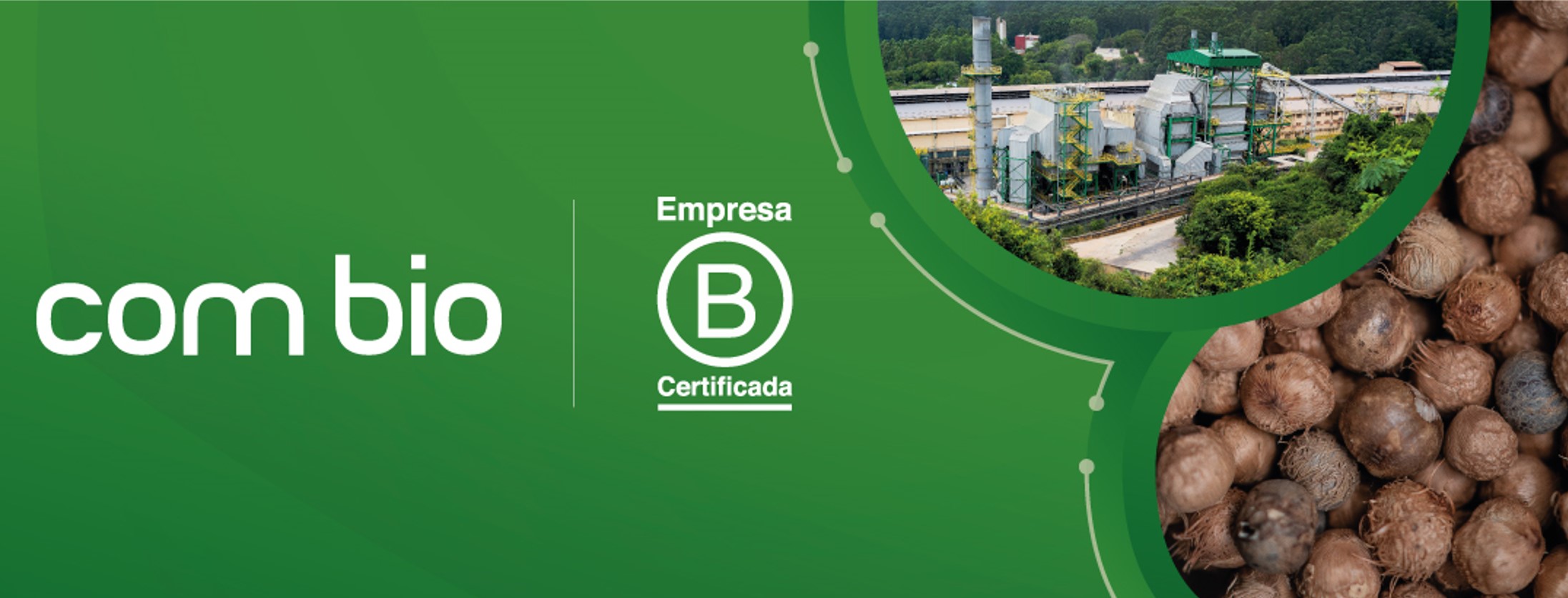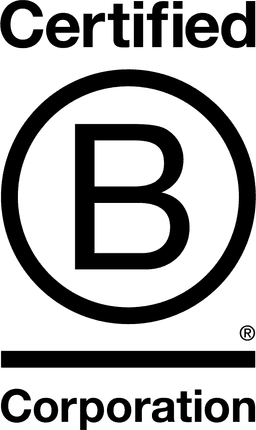

Combio Energia

São Paulo, Brazil
February 2014
Steam & air conditioning
Manufacturing
Brazil
Founded in 2008, ComBio specializes in the development of steam generation projects for specific industrial sectors. In its full-outsourcing model, the company takes responsibility for all aspects of the project, including asset investment, construction coordination, environmental licensing, and all operational aspects such as payroll management, steam generation system maintenance, various operational expenses, and, most importantly, the entire biomass supply chain that back up the project. With a track record of greenhouse gas emissions reduction and operational cost savings, ComBio plays an increasingly active role in the decarbonization of the industrial sector. In addition to enabling the thermal energy transition to a cleaner matrix, ComBio’s projects have positive social, environmental, and economic impacts on the local community. Its procedures directly contribute to the achievement of Sustainable Development Goals (SDGs) 7 - Affordable and Clean Energy, 9 - Industry, Innovation and Infrastructure, 12 - Responsible Consumption and Production, and 13 - Climate Action.
Overall B Impact Score
Governance 15.8
Governance evaluates a company's overall mission, engagement around its social/environmental impact, ethics, and transparency. This section also evaluates the ability of a company to protect their mission and formally consider stakeholders in decision making through their corporate structure (e.g. benefit corporation) or corporate governing documents.
What is this? A company with an Impact Business Model is intentionally designed to create a specific positive outcome for one of its stakeholders - such as workers, community, environment, or customers.
Workers 26.6
Workers evaluates a company’s contributions to its employees’ financial security, health & safety, wellness, career development, and engagement & satisfaction. In addition, this section recognizes business models designed to benefit workers, such as companies that are at least 40% owned by non-executive employees and those that have workforce development programs to support individuals with barriers to employment.
Community 14.9
Community evaluates a company’s engagement with and impact on the communities in which it operates, hires from, and sources from. Topics include diversity, equity & inclusion, economic impact, civic engagement, charitable giving, and supply chain management. In addition, this section recognizes business models that are designed to address specific community-oriented problems, such as poverty alleviation through fair trade sourcing or distribution via microenterprises, producer cooperative models, locally focused economic development, and formal charitable giving commitments.
Environment 51.0
Environment evaluates a company’s overall environmental management practices as well as its impact on the air, climate, water, land, and biodiversity. This includes the direct impact of a company’s operations and, when applicable its supply chain and distribution channels. This section also recognizes companies with environmentally innovative production processes and those that sell products or services that have a positive environmental impact. Some examples might include products and services that create renewable energy, reduce consumption or waste, conserve land or wildlife, provide less toxic alternatives to the market, or educate people about environmental problems.
What is this? A company with an Impact Business Model is intentionally designed to create a specific positive outcome for one of its stakeholders - such as workers, community, environment, or customers.
Customers 1.4
Customers evaluates a company’s stewardship of its customers through the quality of its products and services, ethical marketing, data privacy and security, and feedback channels. In addition, this section recognizes products or services that are designed to address a particular social problem for or through its customers, such as health or educational products, arts & media products, serving underserved customers/clients, and services that improve the social impact of other businesses or organizations.